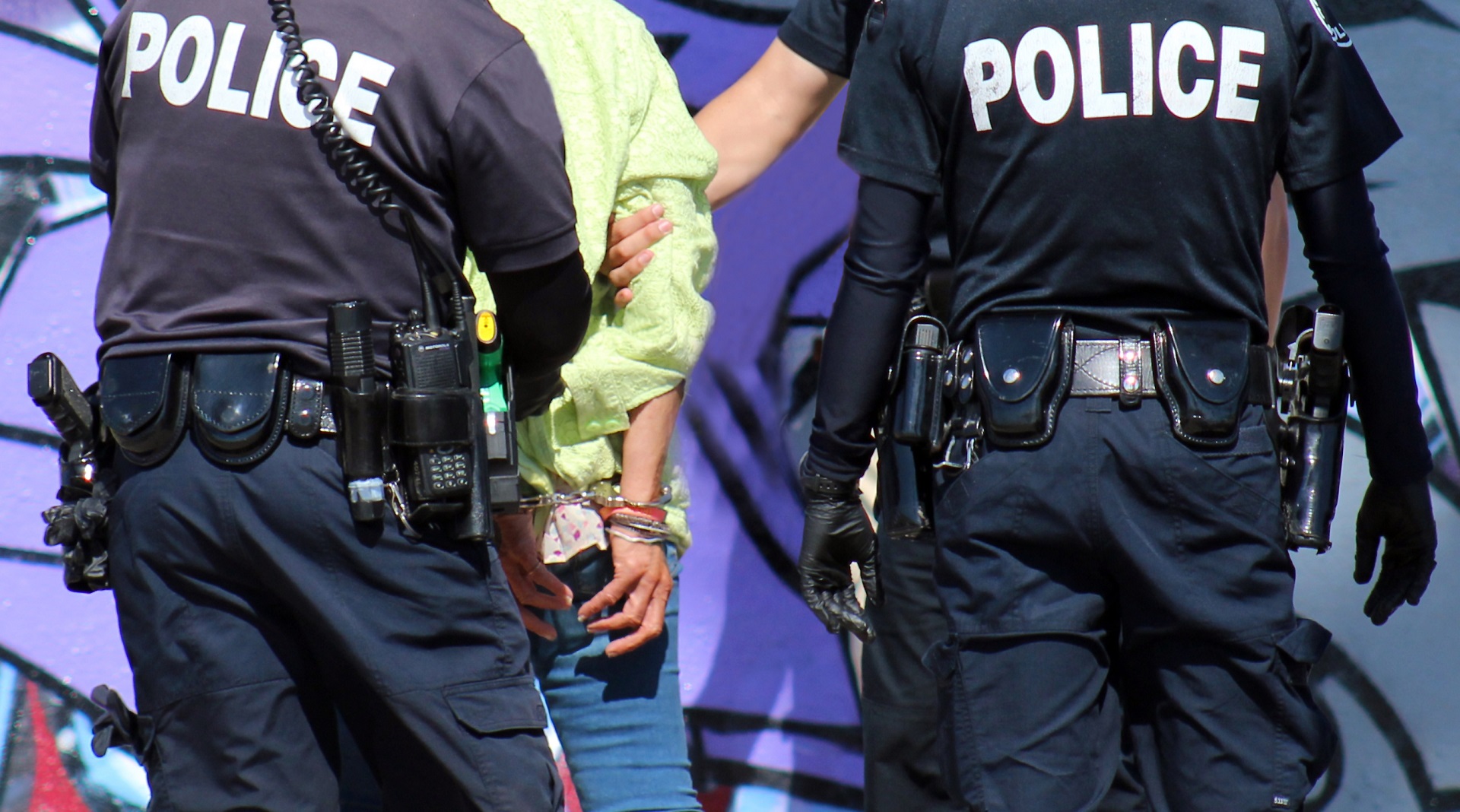
Starting in the 1980s, California started taking steps to crack down on gang-related criminal activity. The California Street Terrorism Enforcement and Prevention (STEP) Act, enacted in 1988, aims to keep California citizens “secure and protected from fear, intimidation, and physical harm caused by the activities of violent groups and individuals.” Under this legislation, you can face criminal consequences for active gang participation. If you’re convicted of a felony offense in connection with gang affiliation, you could face additional prison time on top of the sentence you receive for the felony itself. Many ambitious Los Angeles County prosecutors will attempt to seek a gang enhancement or accuse you of participating in gang activity, even if this is untrue. Here’s what you should know about how California’s STEP Act could affect your freedom and your future.
Origins of California’s STEP Act
California faced a high level of gang-related violence during the 1980s, particularly in Los Angeles County. Between 1981 and 2001, approximately 10,000 gang-related homicides occurred in California, three-quarters of which took place in Los Angeles County. In response to this rise in criminal activity, the state legislature enacted emergency legislation (the STEP Act). Under this Act, active participation in a criminal street gang became a punishable criminal offense, and any felony offense committed “for the benefit” of a criminal street gang resulted in sentencing enhancements. In 2000, the enhancement terms were amended and made more severe; under the revised legislation, certain gang-related crimes now carry a potential life sentence.
How California Courts Have Applied the STEP Act
While the STEP Act has been criticized for potentially infringing upon a person’s First Amendment right to the Freedom of Association, California courts have generally supported the STEP Act and even expanded its scope. In many instances where the constitutionality of the STEP Act has been questioned, California courts have typically ruled that the terms of the STEP Act are specific enough to ensure its constitutionality, as prosecutors must show that the defendant committed the crime specifically for the benefit of or in association with the gang and that the action was taken to “promote, further, or assist in any criminal conduct by gang members.” The STEP Act has also been criticized for disproportionately subjecting people and communities of color to increased scrutiny, as law enforcement agencies may assume that an individual is affiliated with a criminal street gang simply based on their race, ethnicity, or neighborhood. If you have been wrongly accused of gang participation or association, it’s essential that you contact a knowledgeable criminal defense lawyer right away to ensure your rights are protected.
Developing a Sound Legal Defensive Strategy
Facing any type of criminal charge is overwhelming, especially if you may be subjected to sentencing enhancements. If convicted, you could spend several years in prison, pay expensive fines, or suffer other lasting consequences that may negatively impact your future. Reach out to an experienced criminal defense attorney as soon as possible to ensure that you understand your legal options. Your attorney will work with you to assess the specifics of your case and determine an effective legal strategy to secure you the best possible outcome. Don’t leave your future up to fate—contact a skilled criminal defense attorney today.
Call the dedicated legal team at Wegman & Levin today at (818) 980-4000 to arrange a free consultation with a trusted Los Angeles criminal defense attorney.

